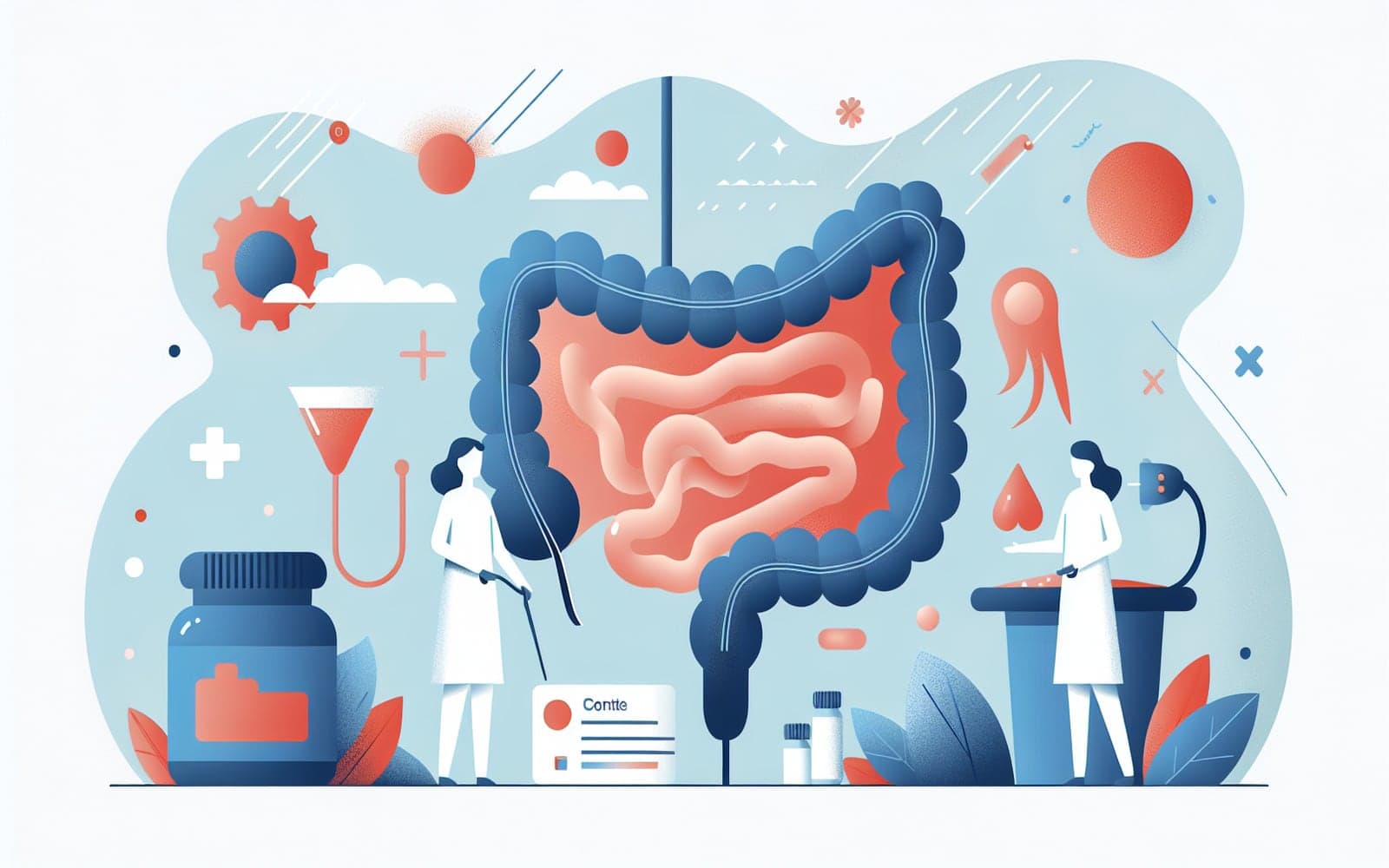Managing Lower GI Bleeding: What Are Your Treatment Options?
Published: Jun 26, 2024
Treating lower gastrointestinal bleeding effectively requires understanding the available options. This article explores various therapies for managing LGIB.
Contents
Endoscopic Treatment
Endoscopic techniques are often used to treat LGIB by cauterizing bleeding sites or applying clips. These methods are effective for stopping active bleeding and preventing recurrence. Endoscopy offers a minimally invasive approach, which can be crucial in managing severe cases.
Medical Management
Medications may be prescribed to manage underlying conditions contributing to LGIB, such as inflammatory bowel disease. Anti-inflammatory drugs or immune modulators can help control symptoms and reduce bleeding episodes. It's essential to work closely with your healthcare provider to find the right medication regimen.

Surgical Interventions
In severe cases, surgery may be necessary to remove the bleeding source, especially if endoscopic methods fail. Surgical options might include resection of the affected bowel segment. While more invasive, surgery can be life-saving in critical situations.
Frequently Asked Questions
Endoscopy cauterizes or clips bleeding sites.
Anti-inflammatory drugs or immune modulators are used.
Surgery is needed if endoscopy fails in severe cases.
They are minimally invasive compared to surgery.
Wrapping Up
A range of treatment options exists for LGIB, each tailored to the specific cause and severity of the bleeding.
References
- Jensen DM, Machicado GA. Diagnosis and treatment of severe hematochezia. Gastroenterology 1988; 95:1569.
- Cappell MS, Gupta A. Changing epidemiology of gastrointestinal angiodysplasia with increasing recognition of clinically milder cases. Am J Gastroenterol 1992; 87:201.
This article has been reviewed for accuracy by one of the licensed medical doctors working for Doctronic. Always discuss health information with your healthcare provider.
AI Doctor Visit Required
Appointments available 24/7
15-min consultation. No hidden costs.
AI Doctor Visit Required
For safety reasons we have been forced to end this consultation.
If you believe this is a medical emergency please call 911 or your local emergency services immediately.
If you are experiencing emotional distress, please call the the Suicide & Crisis Lifeline at 988 or your local crisis services immediately.
Contact us
You can also email us at help@doctronic.ai
We aim to reply within 5-7 days
How likely are you to recommend Doctronic to friends or family?


